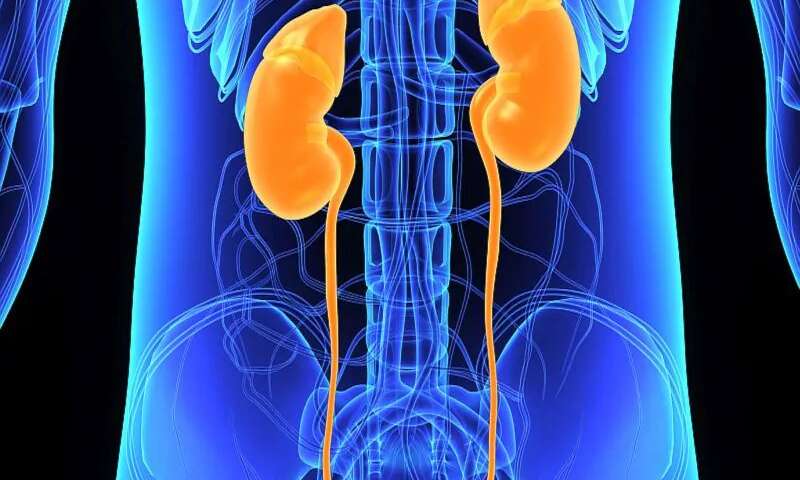Kidney function plays an important role in drug safety and effectiveness. As many medications are excreted by the kidneys, patients with reduced kidney function are at a higher risk of toxic drug levels. Chronic kidney disease (CKD) has been recognized as a leading public health problem worldwide with a global estimated prevalence over 9 percent.
A new thesis by Marco Trevisan, Ph.D. student at the Department of Medical Epidemiology and Biostatistics, aims to expand our knowledge on drug safety and effectiveness of common cardiovascular and antidiabetic medications used in routine practice and to investigate differences in drug risk-benefit across levels of kidney function.
In general, randomized controlled trials (RCTs) exclude patients with CKD or only include a small proportion. This means there are no strong conclusions about the safety and effectiveness for these patients, who have a higher risk for adverse drug events and drug overdosing.
Pharmacoepidemiology is commonly defined as the study of the therapeutic effect(s), risk(s) and use of drugs in large populations using epidemiological methods and/or reasoning.. Pharmacoepidemiological studies can help provide complementary evidence and expand findings of RCTs to the general population. Marco Trevisan’s work emphasizes the importance of pharmacoepidemiology in expanding trial evidence on the safety and effectiveness of medications in real-world settings. Another aim of the studies is to highlight the important role of kidney function in assessing the risk–benefit of medications.
What are the main results in your thesis?
In my thesis, we highlighted the key role of kidney function in the safety and effectiveness of cardiovascular and antidiabetic medications. Among users of these medications, patients with CKD are common and are at higher risk of adverse events and treatment discontinuation. At the same time, we observed that patients with CKD might still benefit from the use of these treatments similarly to those with normal kidney function. Therefore, it is important to consider this high-risk population when investigating benefit and risk of medications, especially when trials excluded them from the investigated population.
We also emphasized the importance of properly designed observational studies to answer research questions on treatment effect in clinical practice. These studies can be susceptible to many biases and flaws but, using appropriate study designs and statistical methods, it is possible to overcome them.
Why did you choose to study this particular area?
In the past decade, the amount of data available to researchers has grown significantly. However, obtaining information from it can be challenging. I have always been fascinated by methods that can help to make sense to such a complex framework. I am also interested in the area of cardiovascular and kidney disease because of its commonness in the general population and the potential for having an important impact on many patients.
What do you think should be done moving forward in this research area?
I think that the attention to kidney function and specifically on patients with CKD has increased significantly in the past years. More and more data is available on these patients and it will be important to use properly these amazing sources of data in well-designed observational studies. We really have the chance to improve the treatment for these high-risk patients.
Karolinska Institutet


